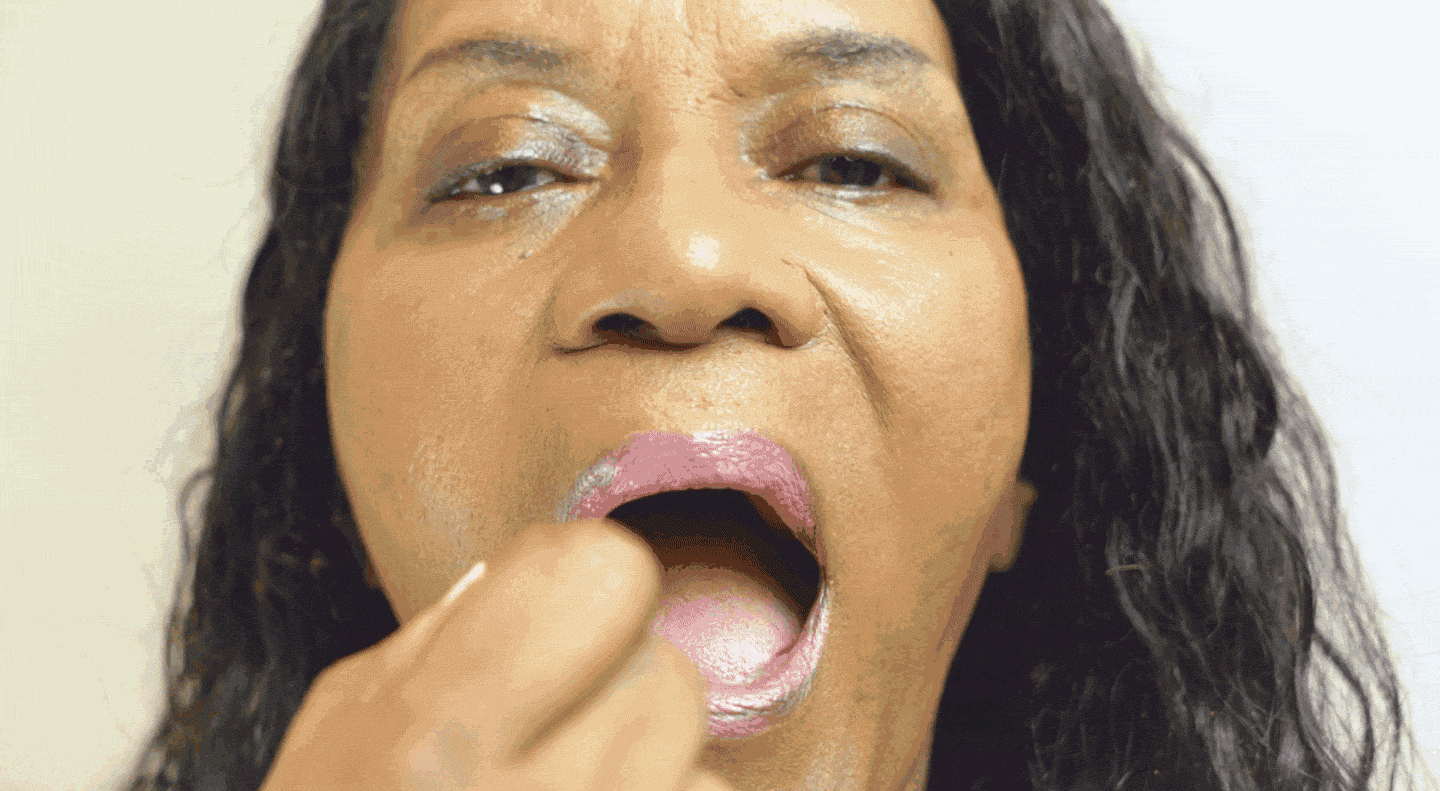Ibrahim Shaddad, Jagdpartie (Hunting Party)
Join us on e-flux Video & Film for the online screening of Ibrahim Shaddad’s Jagdpartie (Hunting Party) (1964), the fourth installment of Take Me Back, on view from Saturday, September 12 through Friday, September 18, 2020 and featuring an interview with the filmmaker by Shahira Issa.
Take Me Back is a six-part program of films, video works, and interviews put together by Jumana Manna. It is the third program in Artist Cinemas, a long-term, online series of film programs curated by artists for e-flux Video & Film.
Artist Cinemas presents Take Me Back
Week #4: Saturday, September 12—Friday, September 18, 2020
Ibrahim Shaddad, Jagdpartie (Hunting Party), 1964
42 minutes
Ibrahim Shaddad’s graduation film Jagdpartie, which he shot at the Deutsche Hochschule für Filmkunst Potsdam-Babelsberg, is a treatise on racism. Shot in a forest in Brandenburg, it uses the Western genre to portray a black farm worker pursued by a mob of white men. “The film dramatizes working-class solidarity across the color line, signally achieved through shared labor, but culminates in the violent foreclosure of this common horizon.” (Nikolaus Perneczky)
Excerpt from the interview with Ibrahim Shaddad by Shahira Issa:
Shahira Issa (SI):
Could you speak about your choice of black and white film stock for this film, and what inspired it?
Ibrahim Shaddad (IS):
One could assume that the film is about black and white. It is and it isn’t. The color theme, though delicate, is definitely lucid. Somehow the contrast between black and white is precise. Absurdly, this precise contrast is what the film tries to wipe out by using black and white stock. In unison, the color of the form and the color of the content are supposed to reveal something that I do not know. Color emits the sense of the natural. The film’s issue is not natural. The world is colorful; a black and white world is not natural. Thus, the color of the film urges for correction. The film cries out for redemption, to be colorful. Nevertheless, I repeat the shout of the marchers: “BLACK IS BEAUTIFUL.”
SI:
The film opens with a closeup on Joe’s watchful face as he emerges from inside a tree trunk. This imparts a certain intimacy between him and his environment, almost a sort of equality between him and the tree (where he also felt secure).
IS:
The basic idea is to condense Joe’s past life at the beginning of the film. Joe is born, the tree is the womb, and he emerges into a bigger world where he just keeps running for his life. In this context Joe is born of nature and this legitimates his existence.
Watch the film and read the full interview here.
About the program
In the weeks before we began mourning and raging over the destruction of one of the last few livable cities of the Middle East, the region, like many others, was experiencing new heights of precaution and paranoia with the second wave of Covid-19 cases. We would cross to the other side of the street to avoid germ-carrying humans, and make ourselves smaller amidst supermarket racks—spaces of potential virus transmission that are also a reminder of the world’s ecological imbalance. We planned for the great escape to quieter and greener landscapes, either temporarily (although we don’t quite understand what that means anymore) or, for some, permanently—as a lifestyle change we had been meaning to make but didn’t yet have the time, guts, or excuse to. The city that before signaled pioneering lifestyles and progress appears today as a symbol of danger and defilement, of overconsumption, overpopulation, claustrophobia, and deferred futures. And the countryside and wilderness are projected as the place of safety and liberty, cleanliness and truth: of original happiness where age-old wisdoms were born and aged, only to suffocate into the amnesia of the city. This dichotomy has been set up since early modernity, sustained with each new historical rupture and economic turn, and now gains new optics with the spread of the pandemic.
In parallel to the urge to “return,” from early cinema till today filmmakers have been going back to the land, to study and draw inspiration from it—its traditions, its music, its cultural behaviors as a place of authenticity—either to critique ideological representations and claims to the countryside, or to perpetuate its imaginary in the name of the Nation. Sometimes, unwillingly doing both. The films compiled in this program are from different localities, not because we are all the same now, but because the impacts of global capitalism, of which the pandemic is mutant, have created uncannily similar forms of violence and resistance.
Take Me Back is a program convened by Jumana Manna as part of the series Artist Cinemas. The program will run for six weeks from August 19 through October 3, 2020, screening a new film each week, accompanied by an interview with the filmmaker(s).
About the series
Artist Cinemas is a new e-flux platform focusing on exploring the moving image as understood by people who make film. It is informed by the vulnerability and enchantment of the artistic process—producing non-linear forms of knowledge and expertise that exist outside of academic or institutional frameworks. It will also acknowledge the circles of friendship and mutual inspiration that bind the artistic community. Over time this platform will trace new contours and produce different understandings of the moving image.
For more information, contact program@e-flux.com.









